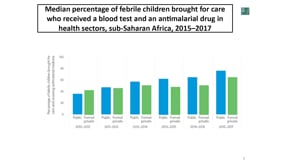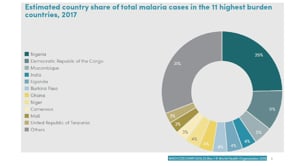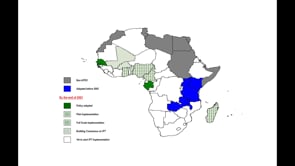ASTMH 2014, Koen Dechering: “A scalable test cascade for identification of transmission blocking antimalarials”
Collaborator(s): TropIQ Health Sciences, The Netherlands
Published: 01/11/2014
In collaboration with ASTMH, ImageAV & presenters, MESA brings you this webcast.
Title: A scalable test cascade for identification of transmission blocking antimalarials
Abstract:
This talk is part of the ASTMH symposium ‘Tools and Approaches for the Development of Drugs That Target Malaria Transmission Stages’. Blocking or massively reducing the transmission of Plasmodium from patient to patient is key to achieve malaria eradication. In an infected patient, while most of the parasites proliferate through the asexual cycle resulting in the clinical symptoms of malaria, some become gametocytes which are responsible for transmission to mosquito. Of the five morphologically-identifiable stages of gametocyte development, the immature stages I-IV sequester in internal body organs such as the bone marrow and only the mature Stage V circulate and are transmitted to the female Anopheles mosquito. Once ingested, the mature gametocytes rapidly differentiate into male and female gametes and, following fertilization, the resultant zygotes develop into ookinetes which migrate to and through the midgut wall to transform into oocysts, whose products, the sporozoites, migrate to the mosquito salivary glands and are transmitted to human during the next bite. This symposium will present the recent and major progress in our understanding of this complex biology and how this knowledge is merging with innovative molecular tools to develop cell-based assays to identify much needed new drugs against gametocytes. The symposium will discuss how organizations such as Medicines for Malaria Venture have developed state-of-the-art test cascades targeting the Plasmodium sexual stages in human blood and evaluate the malaria transmission blocking potential of the next generation of interventions. Innovative gamete formation multiplexed-assays, use of improved bioluminescent reporters and protocols, breakthrough in the capacity to analyze the formation of oocysts with a higher throughput, results of high throughput screenings and finally the clinical relevance of anti-transmission strategies will altogether show how expertise on the parasite biology can pave the way of the identification and development of new interventions from drug discovery up to the clinic.
THEMES: Basic Science | Product Development



